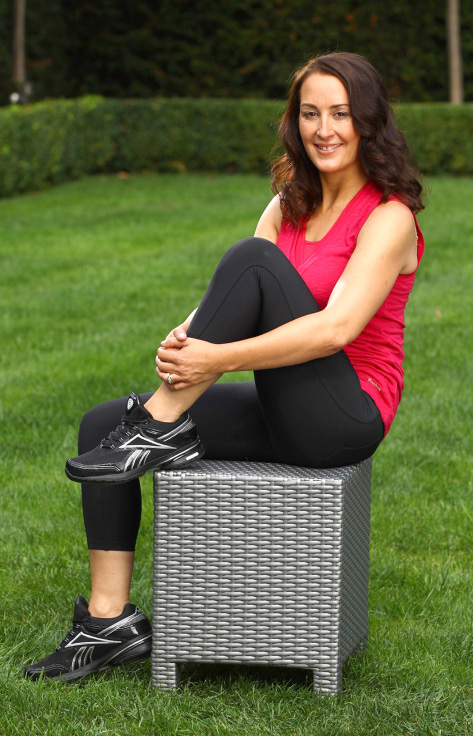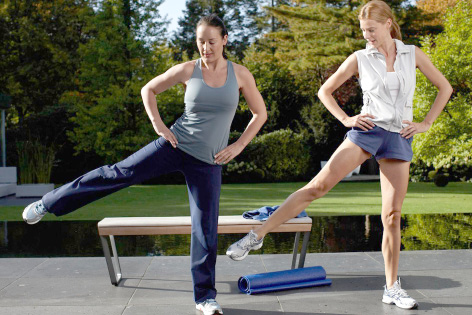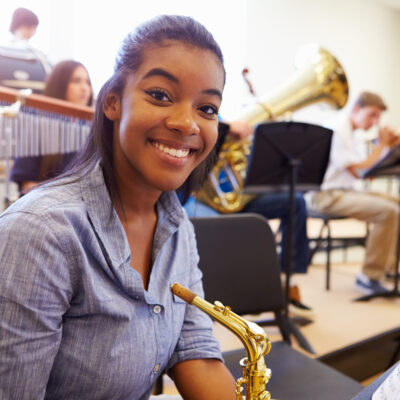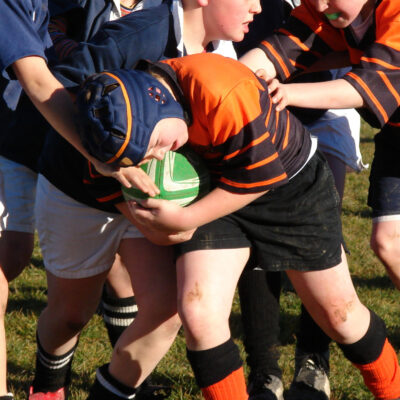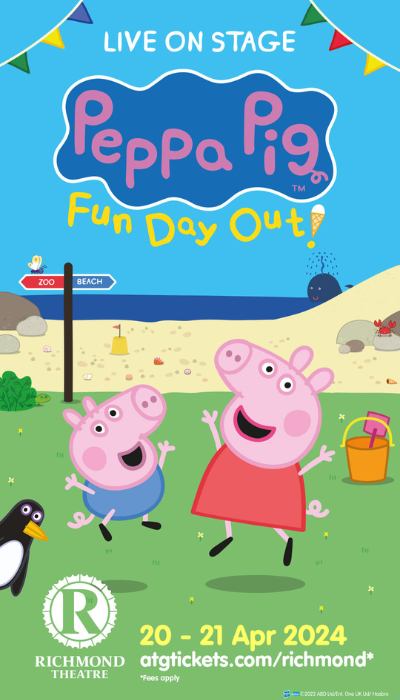Life’s lessons are much easier to learn if we start our children on them when they’re young. Doing so means regular exercise, improved overall fitness and eating healthy food can become the norm almost before children have had a chance to do things differently!
But our busy lifestyles as working parents, with technology being aggressively marketed to youngsters, stringent safeguarding legislation and the appeal of coffee bars, means that keeping children active has never been more challenging. It’s often difficult to schedule time together as a family and my clients often say they feel guilty when they use ‘family time’ to do their fitness programmes. But group exercise encourages better communication and closer relationships. Fit families who live a healthy lifestyle are more likely to enjoy their time together.
Schools play an incredibly important role in encouraging our children to be more active. But whilst traditional team sports are generally well supported, these don’t cater for every child’s needs. Girls’ low participation rates in sports at senior school is well documented but it also affects many boys who don’t like gender typical team sports. Increasingly I am seeing children lacking in self-esteem due to their own perceived poor performance in team sports. This dropping out of team sports continues into adulthood and is amply illustrated by 3 questions I ask in my teen self-esteem workshops. “Who here regularly plays football/rugby/netball?” – lots of eager hands go up. “Whose parents used to regularly play football/rugby/netball at school?” – a few raised hands drop. “Whose parents still regularly play football/rugby/netball?” – almost without exception all hands drop.
We need to find and learn to love activities that will stay with us throughout our life and can fit into busy schedules. So it is important to stop labelling children ‘not sporty’ – a tag that can stick for the rest of their lives – because they aren’t good at team sports, but to encourage a love of fitness activities and help them find what works for them instead. I’m a firm believer in having fun while getting/keeping fit, which is exactly how children think, and I feel there is an activity out there for everyone that will help keep them healthy and put a smile on their face.
Encouraging and engaging children at a young age will last a lifetime in health and fitness. The best schools work hard (often in conjunction with passionate parents) to ensure that a diverse range of sports are available for children which might include rowing, sailing, badminton, fencing, girls’ football, dance and gymnastics along with the more traditional staples of hockey, football, rugby and netball. If you’re looking at schools for your child ask about the breadth of sports on offer and how they cater for the needs of children who might not fit into gender typical team sports.
Penny Snowden got so fed up with the drop off in the physical activity of her GCSE-studying teenager, she started a business to combat it. She has created a new scheme which focuses on the enormous benefits an active, healthy lifestyle has on long term employability. Using physical activity as the medium, Active Leaders trains teenagers to support the introduction of sporty games to children, whilst they gather valuable, transferable skills in the process. The one week course offers a new route into sport, practical workplace experience, the chance to be active and an understanding of how the acquired skills are relevant to employment regardless of whether this is in sport. The course supports the establishment of good habits – leading children by example. Some secondary schools are linking with feeder primary schools to stage courses, others are seeing the course as an option for work experience, an opportunity to train pupils to help in extra-curricular clubs for younger children, or as skill acquisition and volunteering towards Duke of Edinburgh awards.
Holiday camps are hosting Active Leader courses which could lead to work placements during the summer break. It is early days, but the pilot scheme which ran in the summer of 2016, supported by the Youth Sport Trust, resulted in a 100% increase in the self-confidence of the participants, all attendees became engaged in physical activity themselves (only 50% were engaged beforehand), and all have been involved in the delivery of sport including working on holiday camps, teaching swimming, helping on rowing development courses and taking lifeguarding qualifications.
Engagement in physical activity needs to become a habit as important to our education as learning to read and write. We need to lead by example whether as teachers, parents, carers or siblings. Perhaps we should all become “Active Leaders”.
